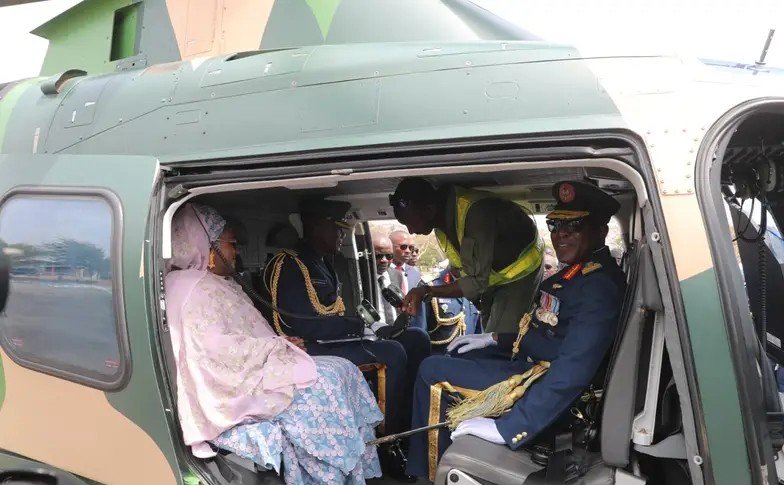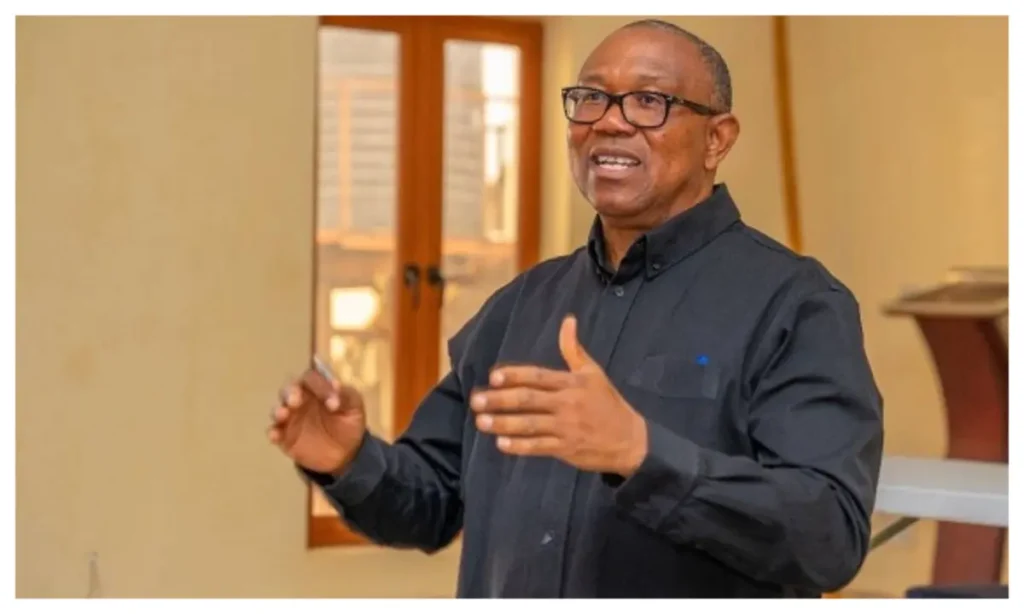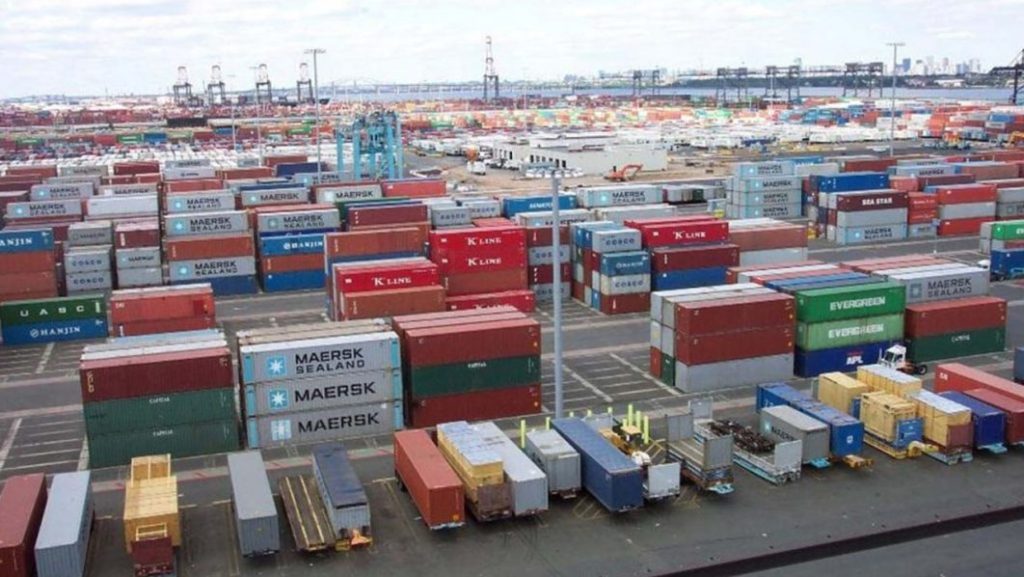Nigeria’s Vice President, Kashim Shettima, has emphasized the need for the country to revive and revitalize its railway services to maintain its position as the logistics hub of Africa. Speaking at the second International Railway Conference in Abuja, Shettima stressed the importance of networking, partnerships, and collaboration among stakeholders to maximize the opportunities in the railway sector.
The Vice President noted that Nigeria’s position as the anchor of West Africa’s economy and home to the continent’s largest population makes it essential to adopt modern railway infrastructure. He cited the Kano–Maradi railway modernisation project as an example of efforts to open new gateways for trade under the African Continental Free Trade Area.
Shettima also highlighted the administration’s Renewed Hope Agenda, which aims to reduce the burden on roads and highways across the country. He pointed out that decades of over-reliance on road transportation have led to congestion, rapid deterioration of infrastructure, and higher accident rates. In contrast, railways offer safer, cheaper, and more environmentally friendly alternatives, reducing carbon emissions and promoting sustainable development.
The Vice President acknowledged that harnessing the potential of the railway sector will not be easy, requiring strong collaboration and partnership among stakeholders. He emphasized the need for private sector participation in ongoing modernisation projects, such as the Lagos to Kano, Kano to Maradi, and Port Harcourt to Maiduguri railway lines.
The Tinubu administration has resolved to link all cities in Nigeria through railways and roads to enhance industrialization. President Bola Tinubu has demonstrated a commitment to connecting cities through roads and railways, aiming to create a nation where industries can convey products to markets and raw materials can move seamlessly from primary producers to industries without hindrance.
The second International Railway Conference provides a platform for stakeholders to discuss practical strategies to achieve these objectives. Shettima applauded the Federal Ministry of Transportation for organizing the conference, which he described as an invaluable opportunity for engagement and collective problem-solving.
The conference is expected to facilitate collaboration and knowledge-sharing among stakeholders, ultimately contributing to the development of a more efficient and sustainable railway system in Nigeria. As the country seeks to revitalize its railway services, the outcomes of the conference will be crucial in shaping the future of the sector and reinforcing Nigeria’s position as a logistics hub in Africa.



